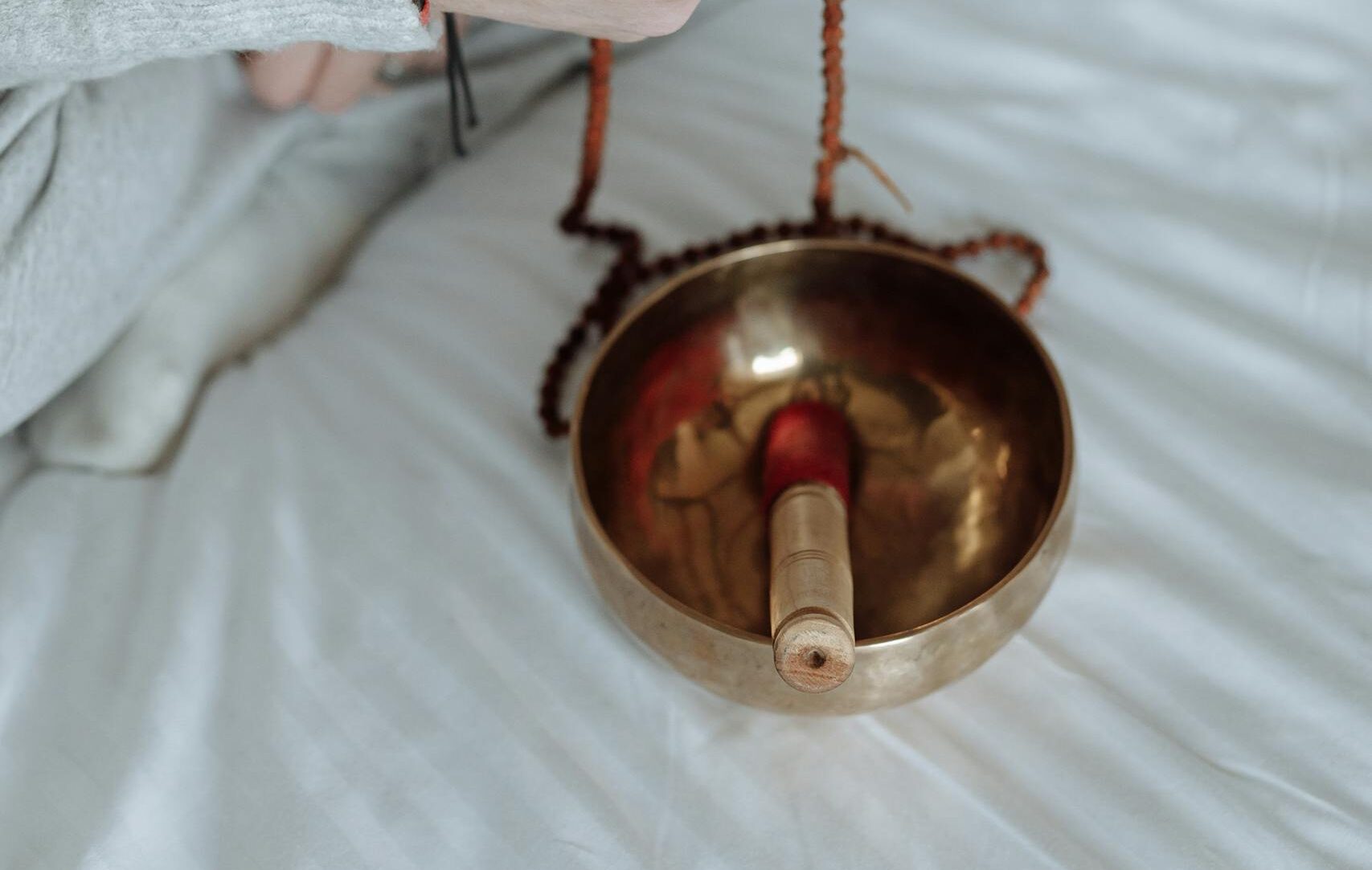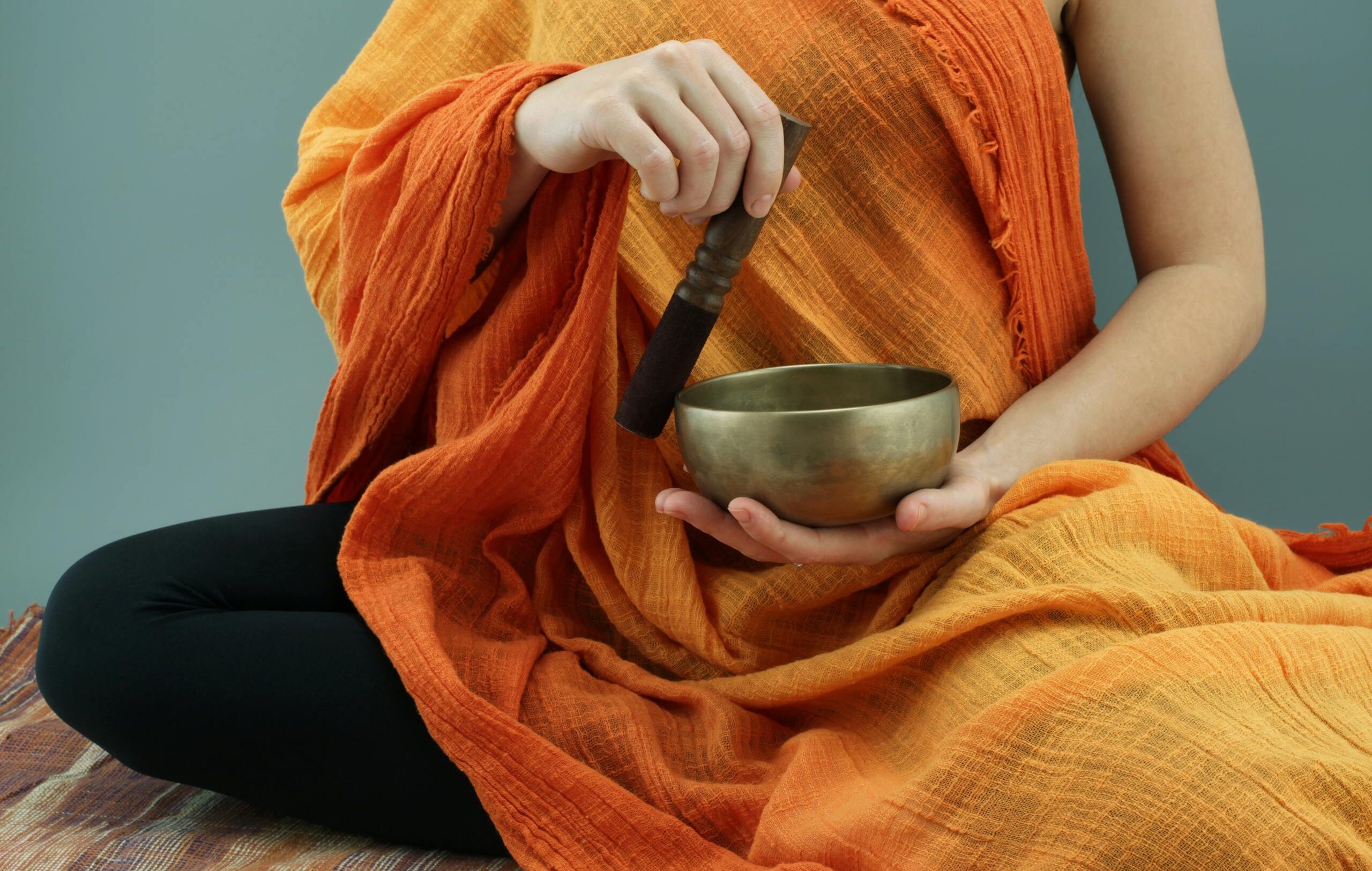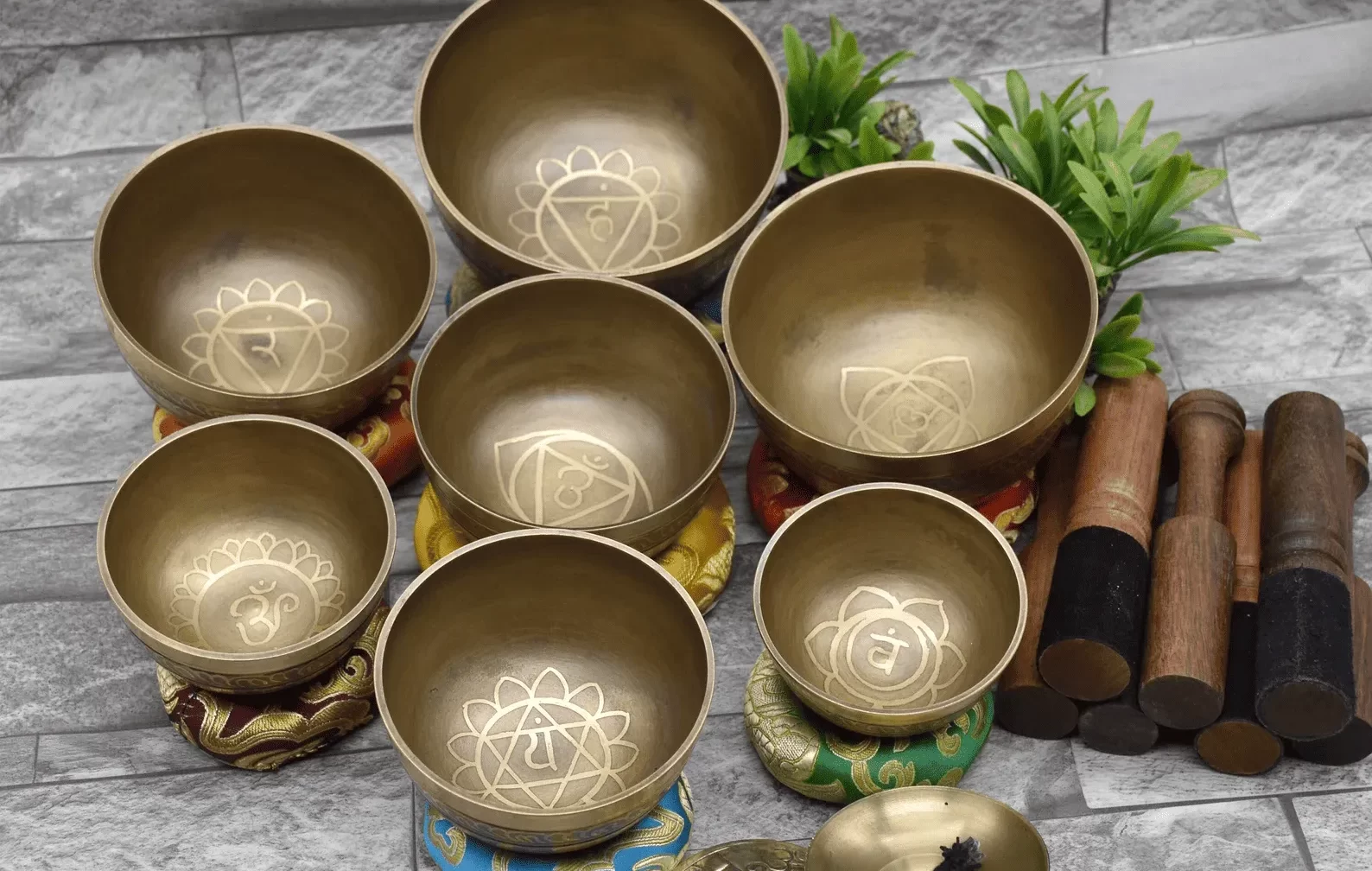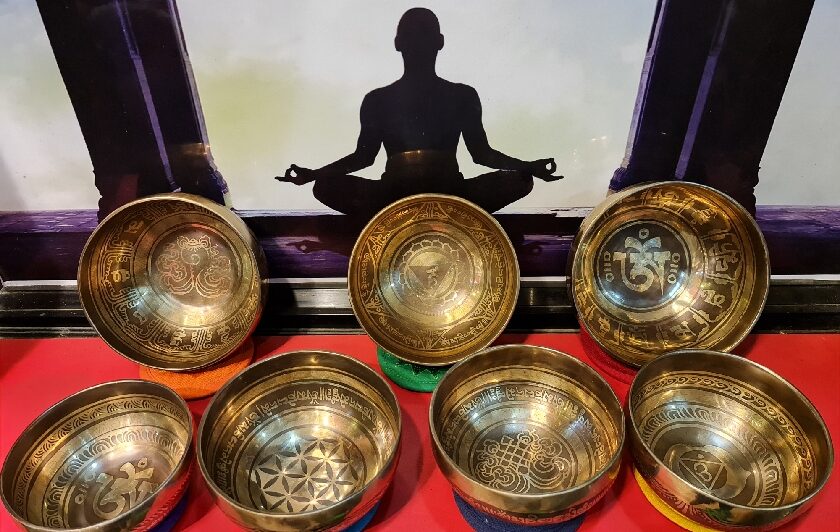Nepal is a country of diverse cultures and traditions. When traveling in Nepal, respecting local customs is crucial. Understanding cultural etiquette helps foster positive interactions and enriches your travel experience. In this guide, you’ll learn key cultural etiquette for traveling in Nepal that will help you navigate Nepal’s social norms with respect and ease.
Greeting and Addressing People
In Nepal, the traditional greeting is “Namaste,” which means “I bow to the divine in you.” To perform Namaste, press your palms together near your chest, bow slightly, and say the word. This simple gesture shows respect and is used when greeting people, especially elders. Addressing others respectfully is also important. For example, when talking to men, use “Dai” for older brothers and “Bhai” for younger brothers. For women, use “Didi” for older sisters and “Bahini” for younger sisters. These terms reflect respect and warmth.
Dress Code
Nepali culture values modesty, especially in rural areas and religious sites. In cities, casual clothing is common, but women should avoid wearing revealing clothes. In rural areas and when visiting temples, both men and women should dress conservatively. For women, covering shoulders and wearing longer skirts or pants is appropriate. Men should avoid sleeveless shirts in religious settings. Following these dress codes shows respect for local traditions and religious values.
Religious Customs and Sacred Sites
Religion plays a central role in Nepali culture. When visiting temples and monasteries, remove your shoes before entering. Always step over, not on, the threshold when entering a religious building. Small offerings, such as flowers or coins, are appreciated at religious sites. However, make sure to do so respectfully. Photography inside many religious sites is often restricted. Always ask for permission before taking photos, especially during religious ceremonies. Respecting these religious customs shows deep appreciation for the local culture in Nepal.
Dining Etiquette
Dining customs in Nepal reflect the local culture and traditions. In most homes, people eat with their right hand, and it’s considered polite to wait until everyone is served. When dining, use your right hand to eat and pass food, as the left hand is seen as unclean. Sharing meals from a communal plate is common in family settings. Dietary preferences often follow Hindu and Buddhist customs. Many Nepalis avoid beef, and vegetarianism is widely practiced, especially in religious households. Being mindful of these customs will enhance your dining experience in Nepal.
Body Language and Gestures
Gift-Giving Customs
Nepalis place great importance on gift-giving as part of their culture and tradition. When you visit a Nepali home, they appreciate receiving a small gift, such as sweets, fruits, or tea. Avoid using black or white wrapping paper, as these colors symbolize mourning. Instead, use colorful wrapping paper. Present the gift with both hands to show respect. Although gift-giving traditions vary across different Nepali cultures, they universally value gratitude.
Respect for Elders and Authority
Respect for elders is deeply ingrained in Nepali culture. Elders hold a respected place in both family and society. When meeting an elder, greet them with “Namaste” and use respectful titles, such as “Dai” or “Didi.” When in public, it’s polite to offer your seat to an elderly person if none are available. This respect extends to figures of authority, such as religious leaders and community heads. By showing respect to elders and authority, you honor Nepali traditions.
Photography Etiquette
Nepal is a photographer’s paradise, but it’s important to be mindful of cultural sensitivities. Always ask for permission before taking photos of people, especially in rural areas. Some individuals may find it uncomfortable or intrusive. In religious sites and during festivals, certain areas might restrict photography. Always respect posted signs or verbal instructions regarding photography. Asking for permission demonstrates respect for Nepali traditions and builds positive relationships with locals.
Bargaining in Markets
Bargaining is an integral part of market culture in Nepal. When shopping in local markets, polite bargaining is expected and welcomed. Start with a smile and offer a reasonable price. Keep the conversation friendly and respectful. Don’t over-negotiate, as many vendors rely on these sales for their livelihoods. Bargaining respectfully allows for a fair exchange and shows your understanding of local customs.
Interacting with Monks and Holy Persons
When encountering monks, sadhus, or other religious figures in Nepal, always act respectfully. Avoid physical contact and stand at a respectful distance. When offering donations, do so politely and avoid drawing attention. Some monks may offer blessings, which you should accept with humility. By showing respect and following appropriate behavior, you honor Nepal’s rich religious culture.
Caste System Awareness
Nepal has a complex history with the caste system, though its influence has diminished in urban areas. Despite this, caste awareness is important in some rural communities. Avoid making assumptions or comments about someone’s background. Treat everyone with equal respect, regardless of their caste or status. Showing sensitivity toward the caste system will ensure you engage respectfully with local culture.
Environmental Awareness
Nepal’s natural beauty is a central part of its cultural identity. When exploring the mountains or trekking, follow eco-friendly practices. Avoid littering, dispose of waste properly, and minimize your plastic usage. Use reusable bottles and carry out what you bring in. Nepalis highly value conservation, and respecting the environment reflects respect for their culture. Your efforts help protect Nepal’s pristine landscapes for future generations.
Conclusion
Respecting Nepal’s cultural etiquette will greatly enrich your travel experience. Understanding customs related to greetings, dress, religion, and behavior shows respect for Nepali culture. As a traveler, your respectful actions contribute to positive connections and create memorable experiences. By being mindful of these traditions, you leave a positive impact and deepen your appreciation of Nepal’s rich cultural heritage.







0 Comments